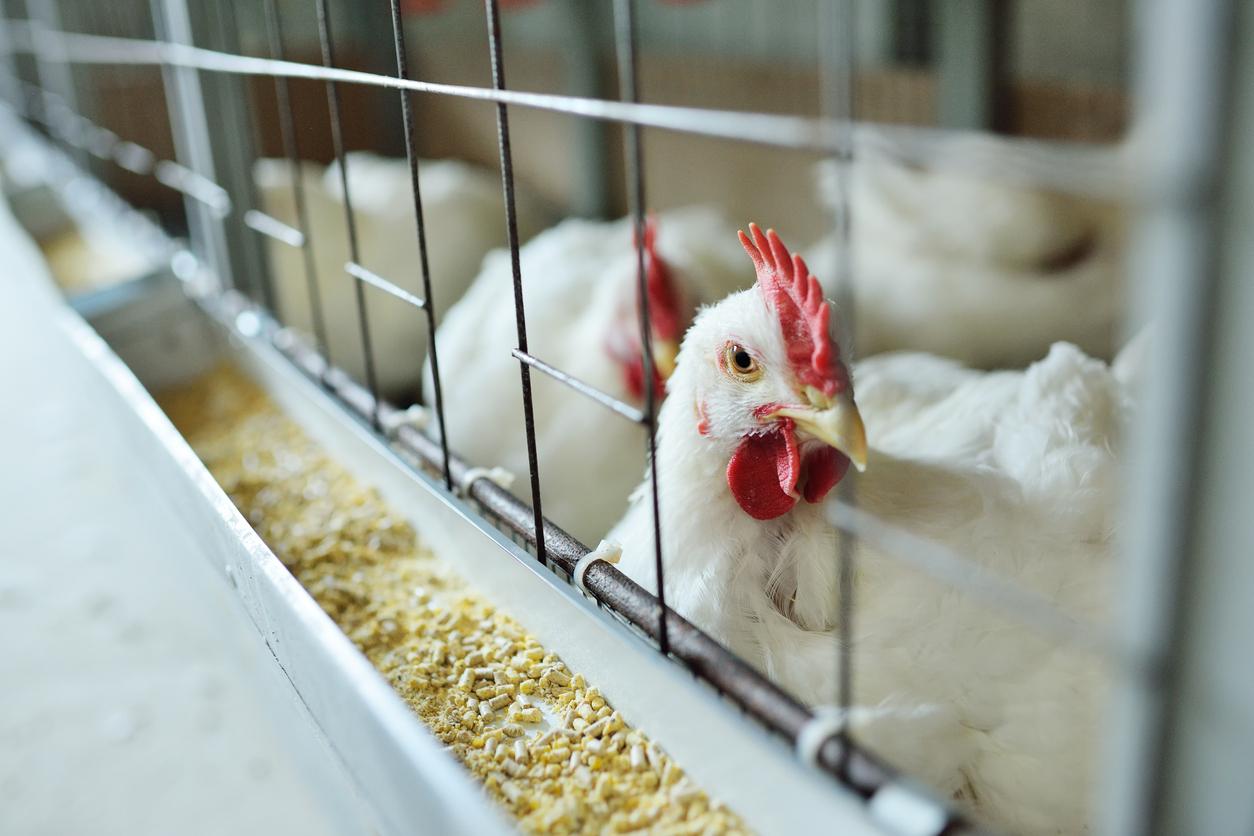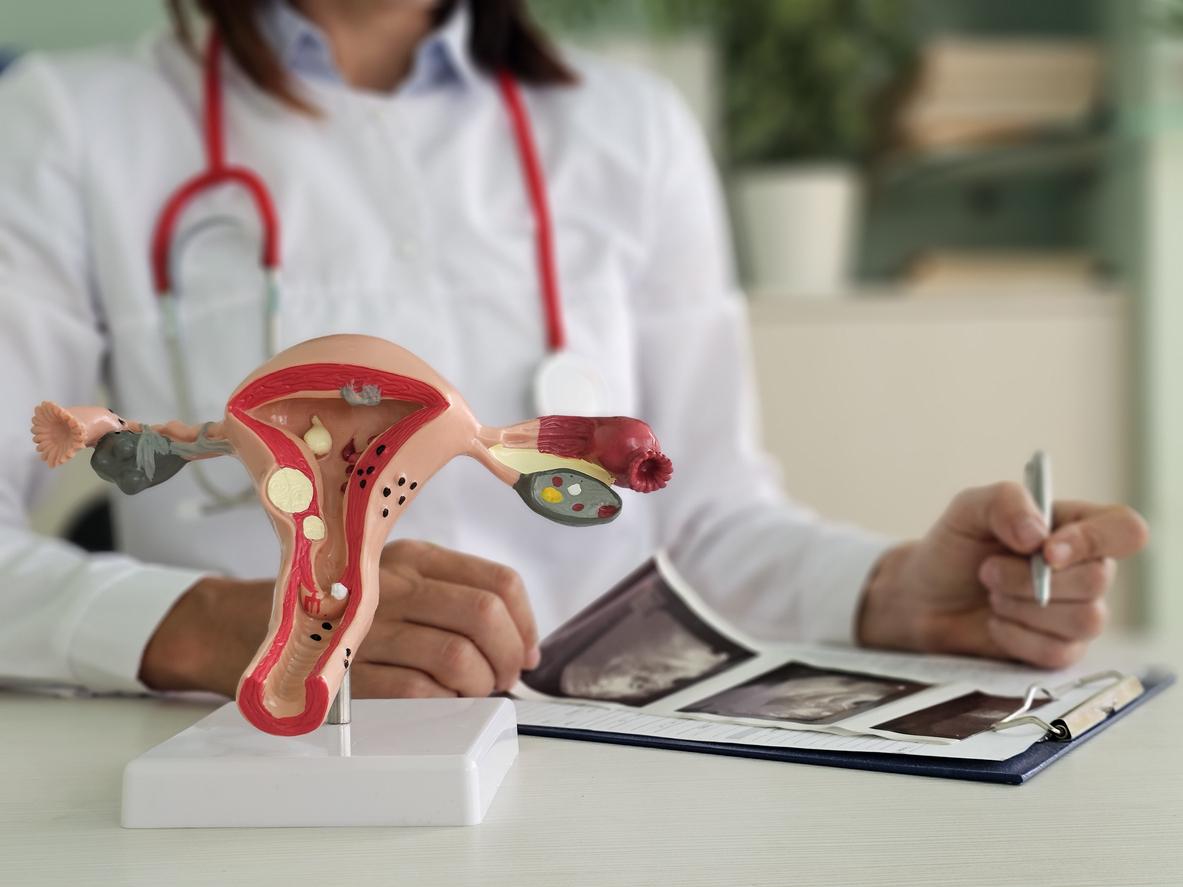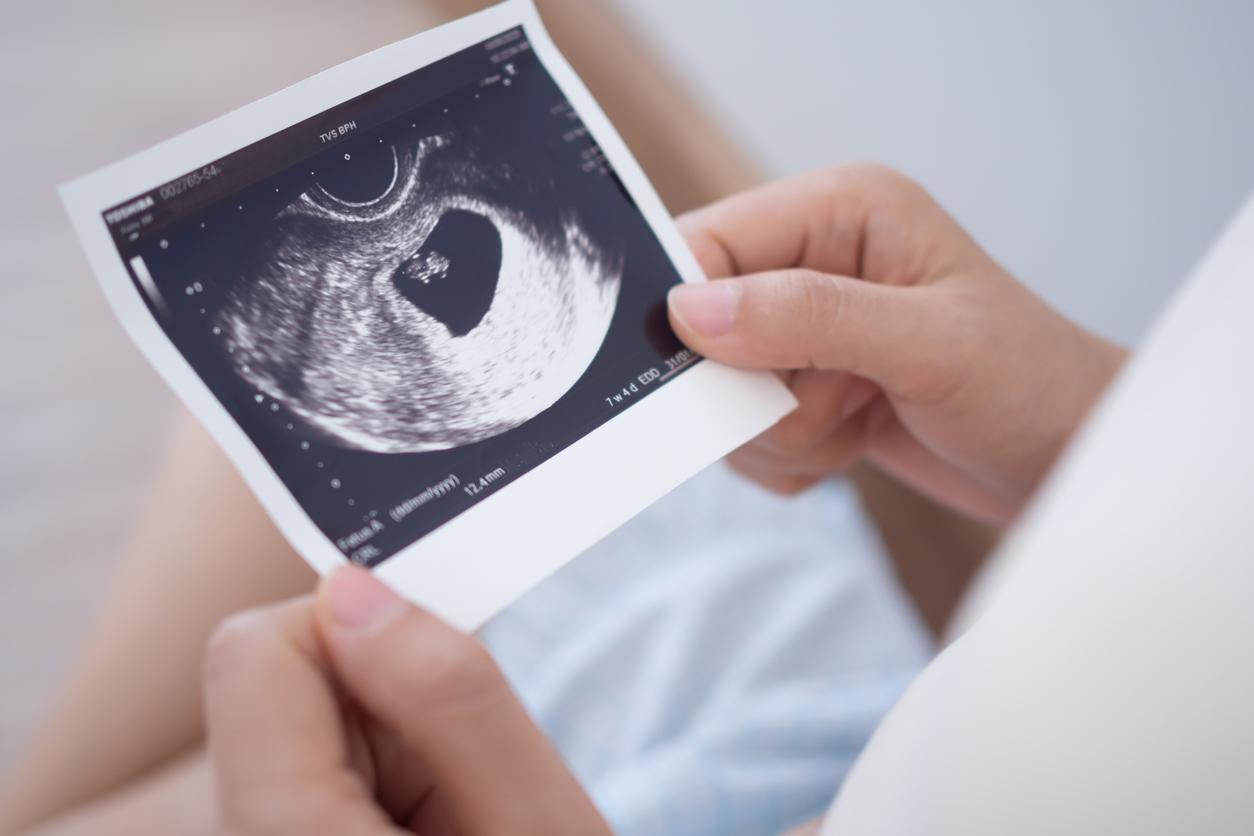When it manifests itself repeatedly during adolescence, stress could reduce the chances of having a child later.

- In France, more and more people are facing infertility problems.
- Even though the factors are multiple, the decline in sperm quality in particular poses an increasing problem.
- A new study indicates that facing too much stress during adolescence can decrease the chances of conceiving a child later.
A new study highlights the harmful impact of stress experienced by 12/18 year olds on their reproductive health.
During this research, Ukrainian researchers from the Komisarenko Institute examined the development of 6-month-old male and female rats. Some had been subjected to strong and repeated stress for two weeks, others not.
Fewer sperm due to adolescent stress
The scientists then compared the health status of the rats that had been exposed to the stressful conditions to that of the control group. They then found that chronic stress during the animals’ puberty delayed sexual maturity in females and caused males to gain weight more slowly than normal.
In adult males subjected to stress, the sperm count also decreased by 25.9%. Many were also abnormally shaped and did not move enough.
Stress in adolescence and infertility: “this helps predict the development of anomalies”
“Our work is the first to show that even moderate and repetitive stress during adolescence has a lasting negative impact on the reproductive endocrine system and on the body’s adaptation,” said Professor Aleksander Reznikov, in charge of the study cited at the beginning of this article.
“Our results make it possible to predict the development of abnormalities in reproductive systems and provide a basis for future research into prevention methods,” he added.
“We also discovered for the first time that lipid peroxidation in the ovaries and testes was significantly higher due to stress. However, this point needs to be explored further.”he concluded.
France: more and more couples facing infertility
In France, the number of couples facing difficulties in conceiving a child continues to increase: infertility is increasing by 0.3% per year among women and by 0.4% among men.
Even though the factors are multiple, the decline in sperm quality in particular poses an increasing problem. “I have the impression that the share of male infertility is increasing. In our practice, we notice much more severe abnormalities in the sperm, such as azoospermia (or the absence of sperm in the ejaculate)” , explains Dr Nadia Kazdar, medical biologist specializing in PMA.
Professor Samir Hamamah, rapporteur for the 1st national plan to combat infertility, confirms: “lhe first paper that drew attention to this problem dates back to 1992: Danish researchers then demonstrated that there was a decline in sperm concentration. In France, we have also proven it quite indirectly, even if there are geographical disparities. For example, we observed a drop in fertility among sperm donors in the Paris region, but not among those who live in Toulouse.”

















